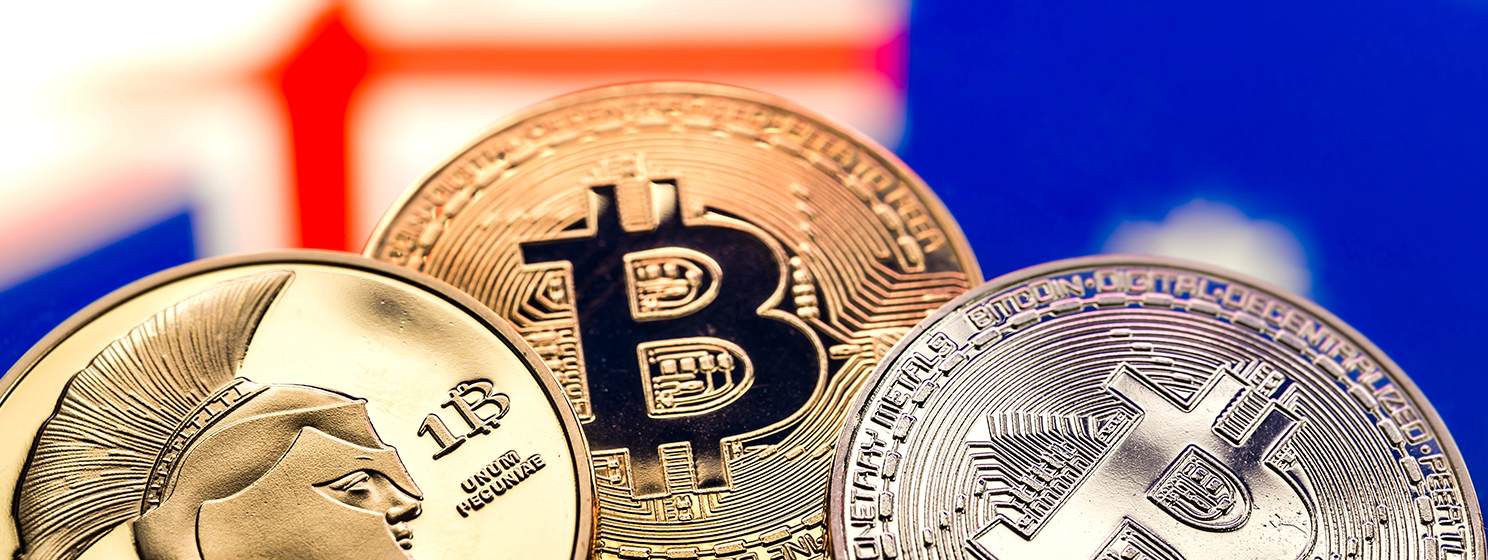|
Getting your Trinity Audio player ready...
|
Australia is considering a new draft law that would tighten oversight of digital currency firms as the country pushes to establish itself as a global digital asset hub. The new framework requires exchanges to obtain financial services licenses and adhere to established industry standards.
In South Korea, the ruling Democratic Party has launched a new task force to spur the adoption of stablecoins and other digital assets.
Australia: Same risk, same regulations
Australian digital asset exchanges have only been required to register with the Australian Transaction Reports and Analysis Centre (AUSTRAC) and implement anti-money laundering and Know Your Customer policies.
This is set to change under a new proposed framework from the Anthony Albanese-led government.
Unveiled by Assistant Treasurer Daniel Mulino, the framework requires exchanges and custodians to obtain an Australian Financial Services Licence (AFSL) from the country’s securities watchdog.
Additionally, they must adhere to strict compliance standards observed by other financial service providers, including a stipulation to act honestly and fairly. Violators face fines that range from $300 to millions of dollars.
However, smaller exchanges that record less than $6.5 million in annual volume—or hold less than $3,300 in average customer deposits—will be exempted from the new requirements.
“It is about legitimizing the good actors and shutting out the bad, giving businesses certainty and consumers confidence…working with industry, regulators and the broader community to make Australia a leader in the global digital asset ecosystem,” Mulino stated in his speech at a summit held by the Digital Economy Council of Australia.
While the new framework imposes more stringent requirements and increases the compliance costs, local exchanges such as Independent Reserve and BTC Markets have supported its implementation.
“The draft legislation is the clearest signal yet that crypto is no longer operating on the fringes, and is now embedded in the financial system,” commented Kate Cooper, the OKX Australia CEO.
But while the framework offers a solid roadmap, its success will depend on its implementation, “ensuring that responsible, licensed operators aren’t undercut by unregulated players and that Australian consumers are protected,” she added.
The draft law will amend the country’s Corporations Act to differentiate between tokenized custody and digital asset platforms. However, it will not extend to non-fungible tokens (NFTs) or tokens used in gaming ecosystems. It also focuses on the trading platforms and does not impose new restrictions on token issuers or businesses that use tokens for non-financial purposes.Liam Hennessy, a partner at Aussie law firm Thomson Geer, lauded the bill as critical to the growth of the country’s digital asset sector. He praised the balance it had struck between restricting innovation and promoting turmoil.
The bill “is a sensible, calibrated piece of draft legislation and finally sees Australia positioning as a credible, institution-friendly digital asset hub, without [Europe’s] prescriptive burdens but avoiding the chaos of the US.”
South Korea launches ‘crypto’ task force
In South Korea, the ruling Democratic Party has launched the Digital Asset Task Force to promote digital asset adoption and advocate for enabling regulations.’
While launching the task force at the National Assembly, the party’s policy committee chairman, Han Jung-ae, said the initiative was necessitated by the rapid surge in digital asset adoption.
“Multi-asset investors who invest in coins along with stocks are already popularized…The Democratic Party does not want to be pushed along with this huge trend of change, but rather wants to start discussing digital assets within the party to lead and lead the change,” the lawmaker said.
The task force is headed by Lee Jung-moon, a representative from the Western district of Cheonan-byeong. It plans to coordinate meetings with leaders within the government and the private sector to discuss enabling polices and initiatives that can foster the industry’s growth.
The task force also intends to push the government’s goal of promoting won-pegged stablecoins, Jung-moon added.
“We will protect Korea’s monetary sovereignty and establish a won-based stablecoin policy against the U.S. dollar-based stablecoin and digital asset policy of competing countries,” he said.
The new task force comes amid the reorganization of the local digital currency sector. Naver, the leading tech firm with a dominance in internet searches, is set to acquire Dunamu, the operator of Upbit, Korea’s largest exchange. Upbit is one of the top five exchanges globally and controls over 80% of the South Korean market.
Watch: Breaking down solutions to blockchain regulation hurdles

 02-21-2026
02-21-2026 




